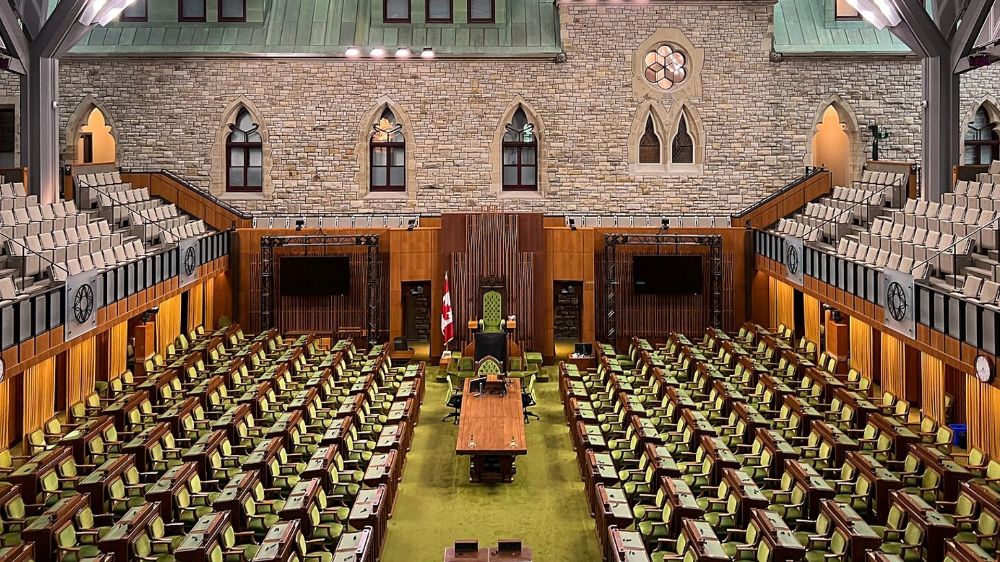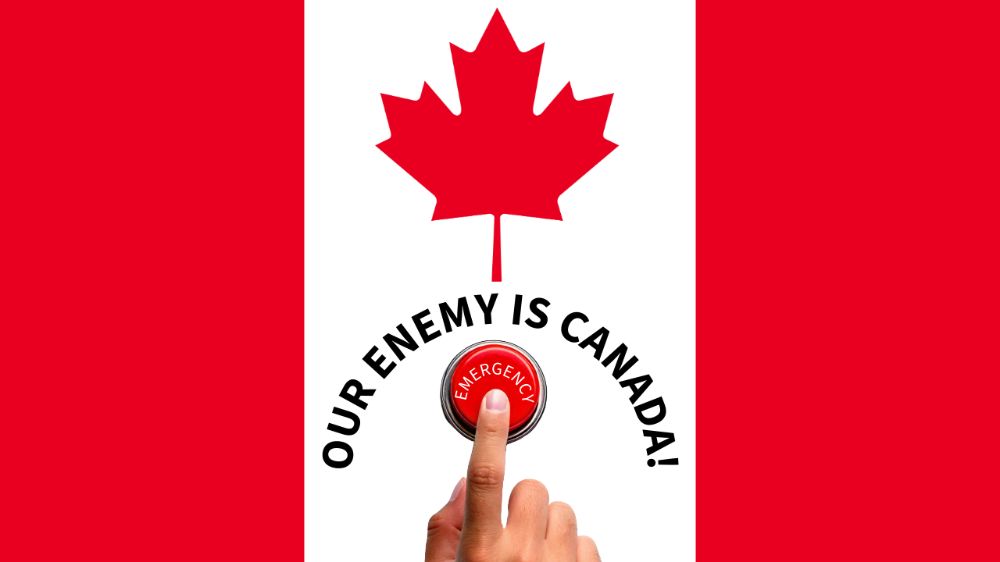What Is Proroguing?

On January 6, 2024 Prime Minister Justin Trudeau announced that he would resign and requested that Parliament be prorogued.
Proroguing is the formal process of ending a session of Parliament. It is done by the Governor General, who acts on the advice of the Prime Minister. When Parliament is prorogued, all the ongoing business, such as debates and bills, is temporarily stopped. After prorogation, Parliament is usually not allowed to meet again until the Prime Minister calls for a new session, which could be after a few weeks or even months.
Has Proroguing Ever Been Used in Canada?
Yes, proroguing has been used many times in Canada. It is a normal and legal procedure in the Canadian political system. For example, in 2008, Prime Minister Stephen Harper asked the Governor General to prorogue Parliament during a time of political uncertainty. Similarly, in 2019, Prime Minister Justin Trudeau also asked for prorogation, which led to a lot of debate in the country.
Proroguing is usually used between elections or to mark the end of a session of Parliament, but it can also be used strategically. Some political leaders have used it to delay difficult votes or debates.
Why Does Proroguing Exist?
Proroguing exists to allow the government to reset or reorganize its agenda. It can help to clear out old business and introduce new priorities or legislation. This is often done at the beginning of a new parliamentary session to give the government a fresh start.
Proroguing also gives Parliament a break. It allows lawmakers to take time off, reassess their strategies, and come back with new plans. In some cases, it can be used in times of crisis to reduce political tensions or manage situations more carefully.
Controversy Around Proroguing
While proroguing is a legitimate power, it has sometimes been controversial. Critics argue that it can be used for political gain, especially if it is used to delay votes or prevent unwanted debates. In some cases, proroguing has been seen as a way for governments to avoid scrutiny or criticism.
Proroguing is an important tool in Canada's political system, but it must be used responsibly. While it helps to manage the parliamentary calendar, it can also raise questions about its fairness and purpose when used at certain times.
PDF of The 67 American Products to Boycott If Tariffs Against Canada Are Implemented
How to Boycott 67 US Products to Combat Tariffs Against Canada
How To Replace 67 American Products You Use With Canadian Products

